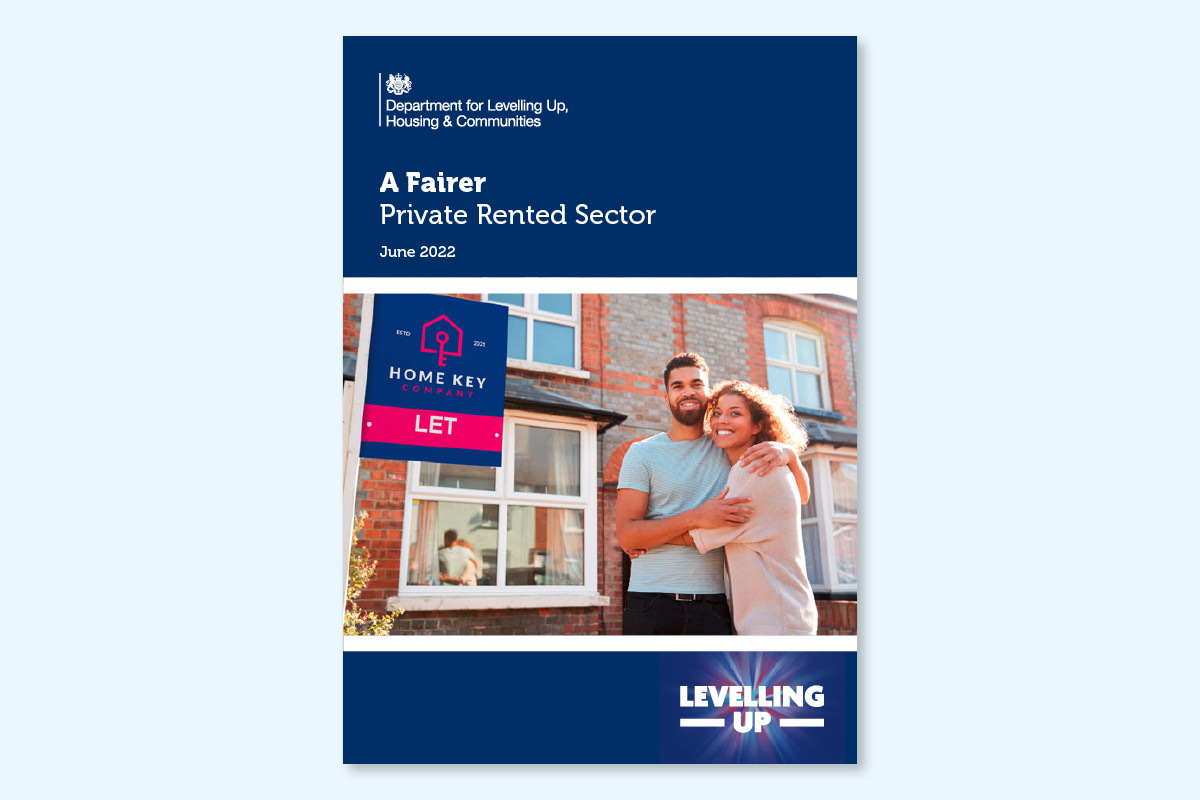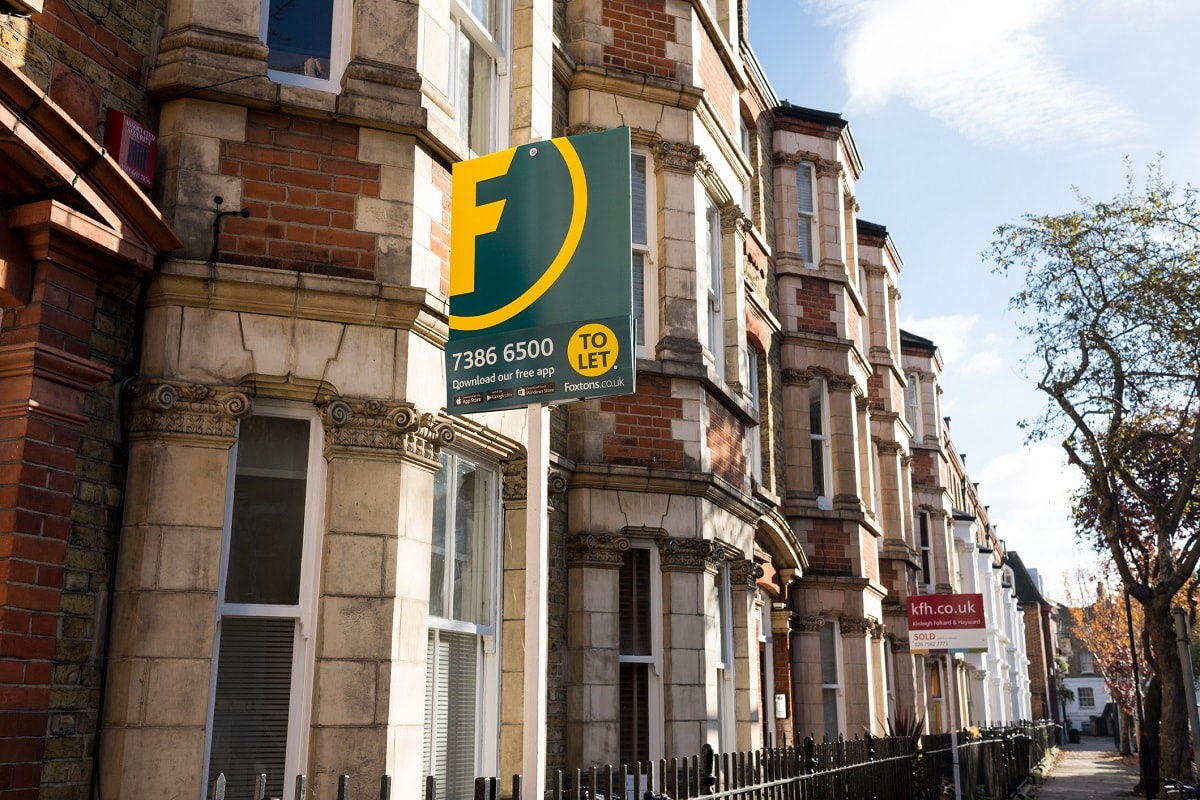
Jules Birch is an award-winning blogger who writes exclusive articles for Inside Housing
Can the government deliver on fairer rent?
The government has published its fairer rent white paper, which promised major reform for private renters in England and some changes for social tenants. Jules Birch analyses what the proposals aim to do and if they are likely to work
The fairer renting white paper could mark a turning point for tenants and landlords, but there is still a long road ahead.
If enacted by this Conservative government, the proposals will mean the abolition of the Section 21 ‘no-fault’ evictions and assured shorthold tenancies, which were at the heart of the 1988 framework designed by the Thatcher administration to bring the market back into the private rented sector.
The damning verdict of the white paper is that this has led to a sector “that offers the most expensive, least secure and lowest quality housing to 4.4 million households, including 1.3 million households with children and 382,000 households over 65. This is driving unacceptable outcomes and holding back some of the most deprived parts of the country”.
“Probationary, fixed-term and demoted [social] tenancies are now set to be abolished on the grounds that there should be parity between sectors”
In future, all tenancies will be periodic tenancies that can be ended by the tenant with two months’ notice or by the landlord only with a valid ground for possession.
The new system will also see a reversal of more recent trends towards less security in the social rented sector. Probationary, fixed-term and demoted tenancies are now set to be abolished on the grounds that there should be parity between sectors.
Contrast that with what happened in the 2010s under David Cameron. The government enabled social landlords to offer fixed-term tenancies in 2011 and legislated to make them mandatory for new council tenants in 2016 (although this was later dropped). Ministers regularly implied that ‘tenancies for life’ were somehow part of a ‘dependency culture’.
Much of the detail is laid out in the white paper published on Thursday, but some of it can be found in the government response to an earlier consultation published alongside it.
The advance briefing to the media ahead of the publication concentrated on the abolition of Section 21 and an end to blanket bans on families with children, tenants on benefit and people with pets.
However, the detail matters even more than normal here if those aims are to be delivered in practice.
On Section 21, landlords concentrated on lobbying to strengthen other grounds for possession rather than opposing a manifesto commitment to end no-fault evictions.
“Government is set to stop the original landlord marketing a rental for three months after using the moving and selling grounds – but who polices that and will it be long enough?”
It’s been clear all along that the government would make it easier for them to evict tenants in cases of anti-social behaviour and rent arrears. On the latter, there will be a new mandatory ground for ‘persistent arrears’.
However, there are also new mandatory grounds that will make it easier for landlords who want to move into it themselves or let it to a family member to gain possession.
This mostly mirrors the way that no-fault evictions were abolished in Scotland, but housing a family member was only a discretionary ground there so the system south of the border seems more tilted in landlords’ favour.
There is some evidence from Scotland that landlords exploited grounds like this, with properties magically reappearing for let shortly after the previous tenants were evicted.
The Westminster government said the “misuse of the system and any attempt to find loopholes will not be tolerated” and that it is minded to allow tenants to pursue compensation through the courts for breaches of the new tenancy system and give local authorities the power to issue fines.
More specifically, it is set to stop the original landlord marketing a rental for three months after using the moving and selling grounds – but who polices that and will it be long enough?
There are not many details on how the government plans to make it illegal for landlords to impose blanket bans on tenants with children or on benefits. However, the white paper said “we will also support landlords to make informed decisions on individual circumstances rather than relying on blanket bans” and it’s not hard to see them pointing to shortfalls between Local Housing Allowance and rents as one of those circumstances.
All this makes it vital that tenants are able to enforce their rights. In a response to another consultation, the government rejected the idea of a special Housing Court, but the white paper highlighted plans for improved dispute resolution and an ombudsman able to award compensation of up to £25,000.
However, evidence from Scotland suggested that lower-income tenants face barriers using redress systems, so it seems logical to expect similar problems in England.
The new system will also require better enforcement by local authorities. But research published alongside the white paper found that councils face significant barriers to tackling poor conditions, with many operating a reactive rather than proactive service that only focuses on statutory duties and the worst standard properties.
That must raise questions about their ability to enforce another progressive proposal: a legally binding Decent Homes Standard for the private rented sector. The white paper said “no one should have to live in a non-decent home” and proposed expanding rent repayment orders to cover them.
Enforcement will also be difficult without accurate data on landlords and their properties. A government that abandoned registration of landlords as ‘red tape’ in 2010 is now proposing “a digital property portal to make sure that tenants, landlords and local councils have the information they need”.
“The ideological battle within the Conservative Party is not over and that the road from white paper to legislation to implementation will be a long one”
And what happens if landlords try to force tenants out by hiking their rent? The white paper said rent rises will only be allowed once a year with two months’ notice of any change and that the government will end rent review clauses locking tenants into automatic rent increases.
It added: “Any attempts to evict tenants through unjustifiable rent increases are unacceptable. Most landlords do not increase rents by an unreasonable amount but in cases where increases are disproportionate, we will make sure that tenants have the confidence to challenge unjustified rent increases through the first-tier tribunal. We will prevent the tribunal increasing rent beyond the amount landlords initially asked for when they proposed a rent increase.”
All of which sounds fine, but it offers no definition of ‘unreasonable’ or ‘disproportionate’ or ‘unjustified’.
The evidence from Ireland and Scotland suggested that the rent increase issue will continue to dog the new system and that pressure for some form of rent regulation will grow.
Shelter has hailed the white paper as a “game-changer” if enacted, while Generation Rent called the proposed abolition of Section 21 “a huge moment”.
However, the National and Residential Landlords Association highlighted fears that landlords may start to exit the sector and that angle is hyped up in coverage by the newspaper that Boris Johnson is said to regard as his “real boss”.
Just in case he missed that, his former Brexit minister Lord Frost has a piece in The Telegraph that calls the white paper “another step on the road to socialism”.
Ridiculous as that sounds, it’s a reminder that the ideological battle within the Conservative Party is not over and that the road from white paper to legislation to implementation will be a long one.
Jules Birch, columnist, Inside Housing
Sign up to our Best of In-Depth newsletter
We have recently relaunched our weekly Long Read newsletter as Best of In-Depth. The idea is to bring you a shorter selection of the very best analysis and comment we are publishing each week.
Already have an account? Click here to manage your newsletters.












